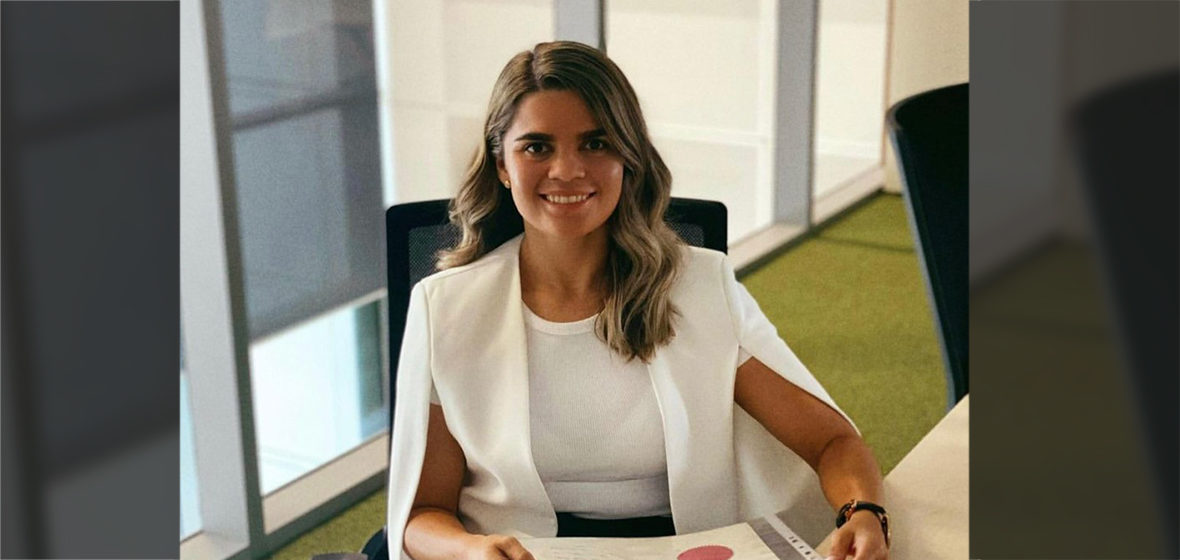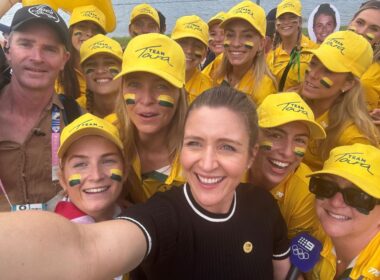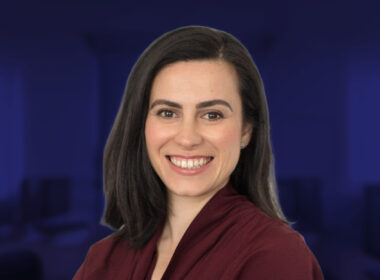Taylah Gray is a proud Wiradjuri woman and lawyer for the Aboriginal Legal Service. She is currently completing her PhD on Native Title at the University of Newcastle. In July 2020, she successfully defeated a motion by the NSW police in the Supreme Court to block the Newcastle Black Lives Matter protest.
What made you want to study law?
I’ve known since I was a little girl that I wanted to be a lawyer. As I went through the schooling system, I became more acutely aware of my Aboriginality and the experiences my father had to go through as a stolen generations survivor. This only inspired me more. Ironically, I failed all my year 11 and 12 assessments for legal studies. It made me think I wasn’t smart enough to do law but during university, I attended a protest about the forced closure of Aboriginal communities. I found myself at the front of the march holding a banner. It was in that moment that I decided I am good enough to do law and I haven’t looked back since.
Tell us about your PhD?
I wrote a thesis in my final year of law school and ended up topping the class. I loved the topic Native Title so much I turned it into a PhD. I was so fascinated by the world of property law – the way western people view property and the way First Nations people view property, I thought how can I marry these two so everyone can come together? My PhD is about finding solutions to get to the bottom of this sovereignty issue. We’ve got so many learned diplomats and intellectuals in this field yet they’ve failed to solve this great problem of sovereignty.
How can the legal profession better accommodate Indigenous clients and issues?
I think police should have less powers. Removing smaller powers of arrest such as swearing would make a huge difference. Also making sure that police are not investigating police regarding deaths in custody. We need to stop incarcerating Aboriginal people. We have the highest incarceration rates in the world, not just in Australia.
What is the biggest obstacle you’ve faced?
I think having a different perspective to white academics. In my opinion, it’s sometimes reflected in my grades and feedback where I’ve opposed my lecturer’s viewpoint. There’s a lot of barriers for Aboriginal people. Having to go to the Supreme Court every time we can’t work things out with corporations. We’re never able to negotiate because we don’t have the bargaining power to do so, we don’t have millions of dollars behind us.
What is your hope for the future of the legal profession?
I hope we have a treaty and that there’s a First Nations court functioning. I hope my people aren’t the most incarcerated people in the world and that children aren’t taken at the rates they currently are. We should be focusing on rehabilitating and investing in them, not incarcerating them. Education is the way forward. I like what Nelson Mandela says, that education can be used as a weapon to change the world. I plan on using my education to change the systems in place to make it equitable for everybody.
What do you like to do in your spare time?
I love reading and I love playing sport. I’m particularly passionate about rugby league and football. I also love the water and spending time with friends. There’s more to me than just being a lawyer and an academic!




